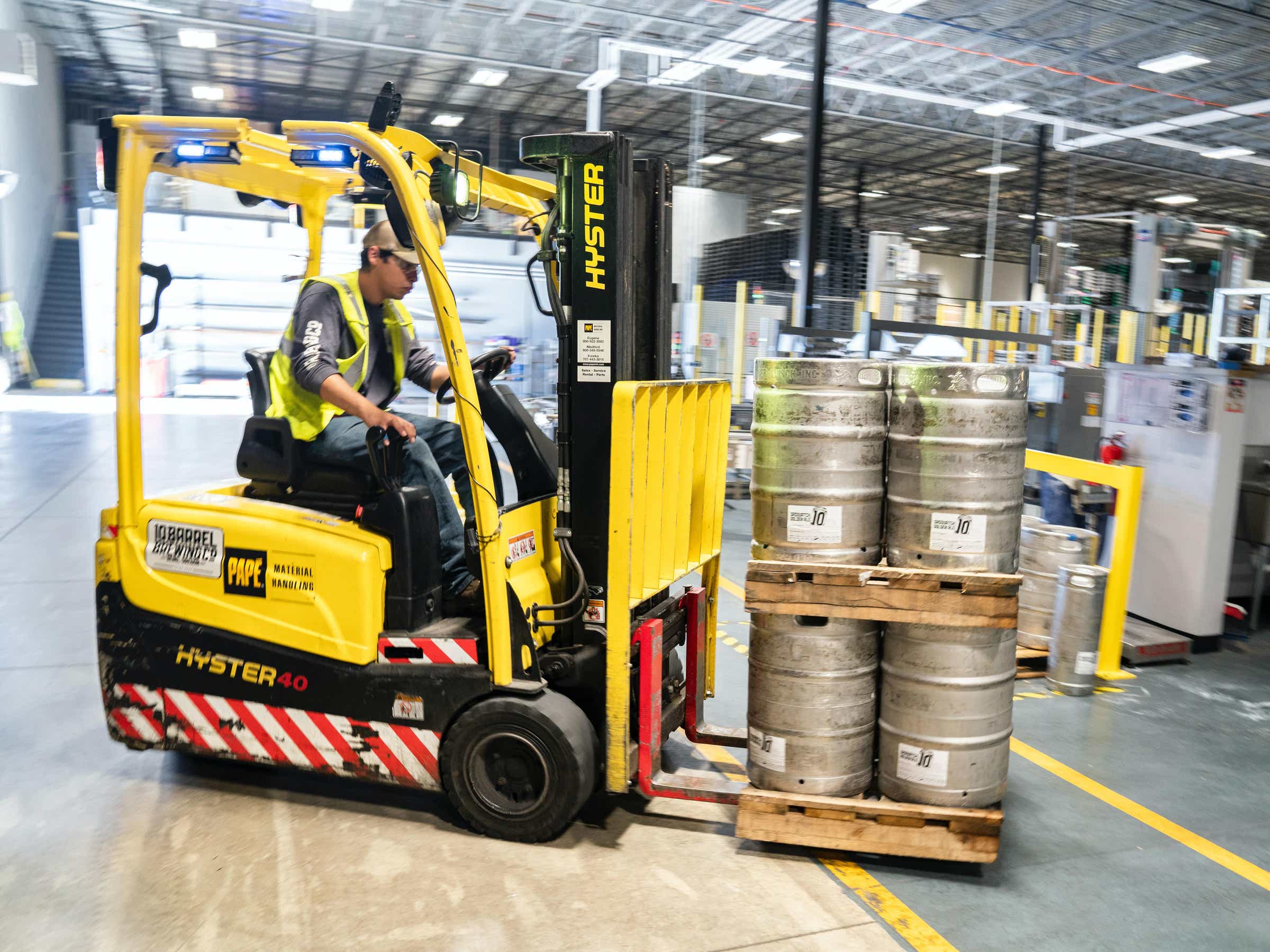Intelligent fleet management in forklifts
Fleet management in a fleet of forklifts does not seem to be justified at first glance, since the question that always arises is: And why geolocate a machine that works indoors or in an enclosed enclosure? If we stick with that, it may not be justified. But what if we could capture a lot more machine data to help us make better decisions and increase your business return of investment? An example would be water in the electrolyte of a traction battery. Through intelligent fleet management, we can also:
1. Reduce costs
2. Improve operational efficiency
3. Increase productivity
4. Improve the quality of customer service
5. Mitigate risks
6. Increase turnover
All the aspects listed definitely influence the return on investment of a forklift rental business.


Now that we know everything we can improve, surely the implementation of Intelligent Fleet Management is a little more justified. Here are some examples of telemetry data that we can easily know through intelligent fleet management and how these can help us improve the aforementioned aspects:
1. By capturing the machine hours, we will be able to know when a machine has worked and, therefore, the system will automatically notify us when the preventive maintenance checks touch, as well as their reprogramming, as long as that part is also automated.
2. Knowing if there is a lack of water in the electrolyte battery traction, we can avoid costly breakdowns, since the lack of water can cause a reheating of the battery, which will reduce its useful life. Here we are obviously not talking about the existing systems on the market with a rod and an LED, which offer only local information. If not to capture that information in each machine and send it to the cloud in real time, being able to generate for example alarms via SMS about the lack of water in an element, or to generate reports that show that no water has been added to the battery.
3. Knowing the voltage of the battery we will know when the machine has been in charge and the state of the elements, since if one of them fails, the voltage will be reduced by approximately 2.7 V. In addition we can also know the level of charge and the cycles of charge and discharge.
4. It is common that when an operator adds distilled water to the battery, it ends up in the chest, and taking into account that it is corrosive to have a % of acid, it is important to have a system that tells us. Not only locally, but also in the fleet management platform, where we can see the status of each and every one of the machines in our fleet.
5. Through Intelligent Fleet Management we can also know if impacts have occurred, when and of what type, being able to know the strength of these, as well as limit the speed of the machines at certain times and places to avoid accidents.
6. In the case of diesel machines, we can also capture data such as engine temperature, different levels of AdBlue, fuel, and others. Also, any other KPI that will indicate a malfunction of the machine and that will help us avoid major breakdowns such as an engine break.
7. Finally, and not because it is the last point, it is less important, through intelligent fleet management, we can collect CAN BUS data of all kinds. For example, the remote diagnostic data of the machine, which will indicate what the problem is before going to a breakdown, thus being able to improve the operational efficiency of the business.
There is much more we can know and improve through smart fleet management, so is it justified? Is fleet management an investment or is it an expense?
In my opinion it is clearly an investment, specifically, it is proven that for every Euro that is invested in fleet management, 5 are earned.
